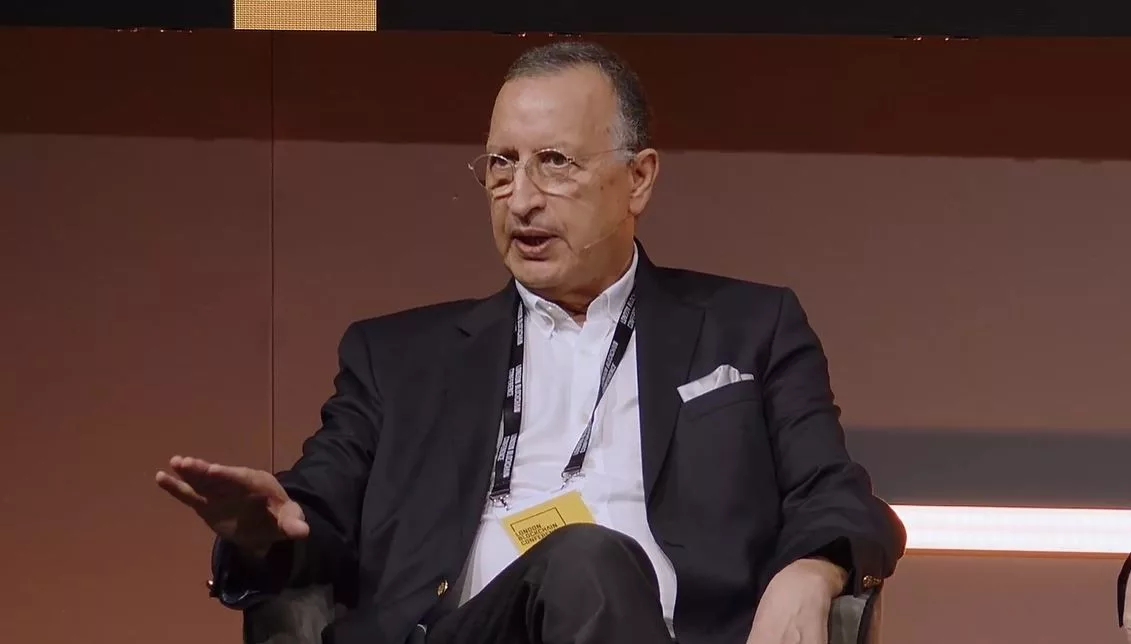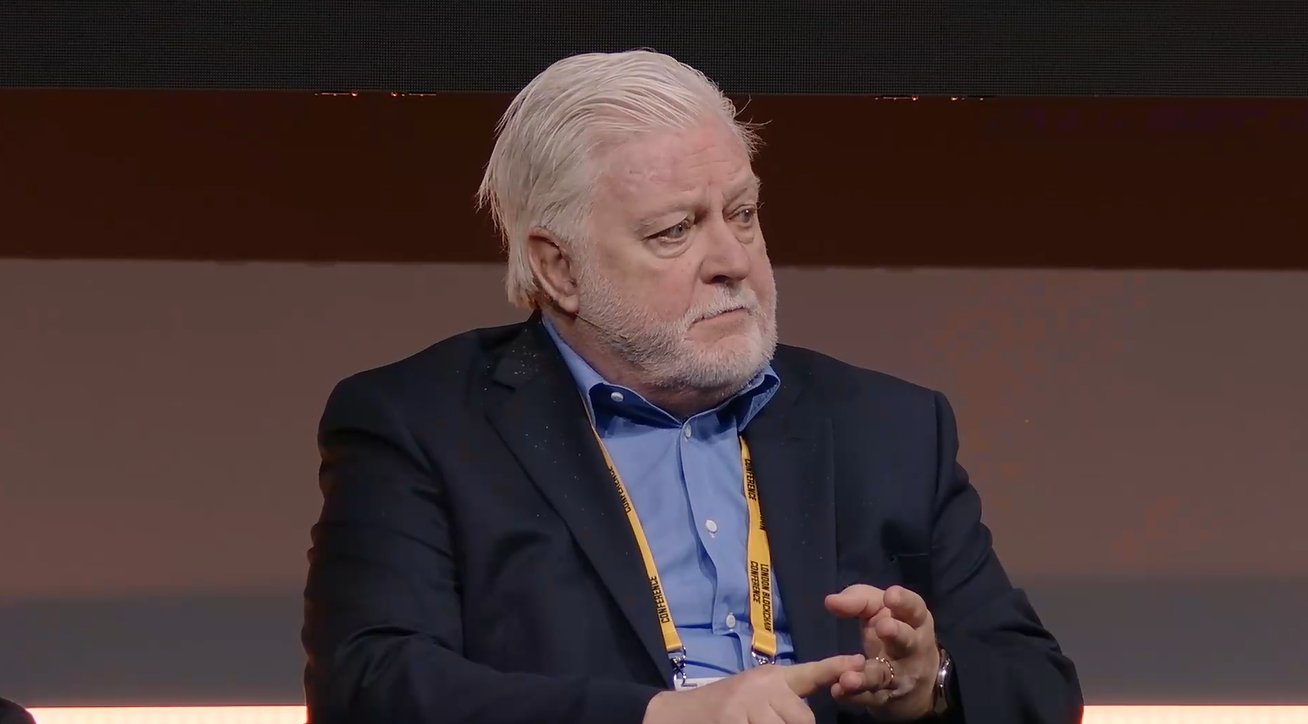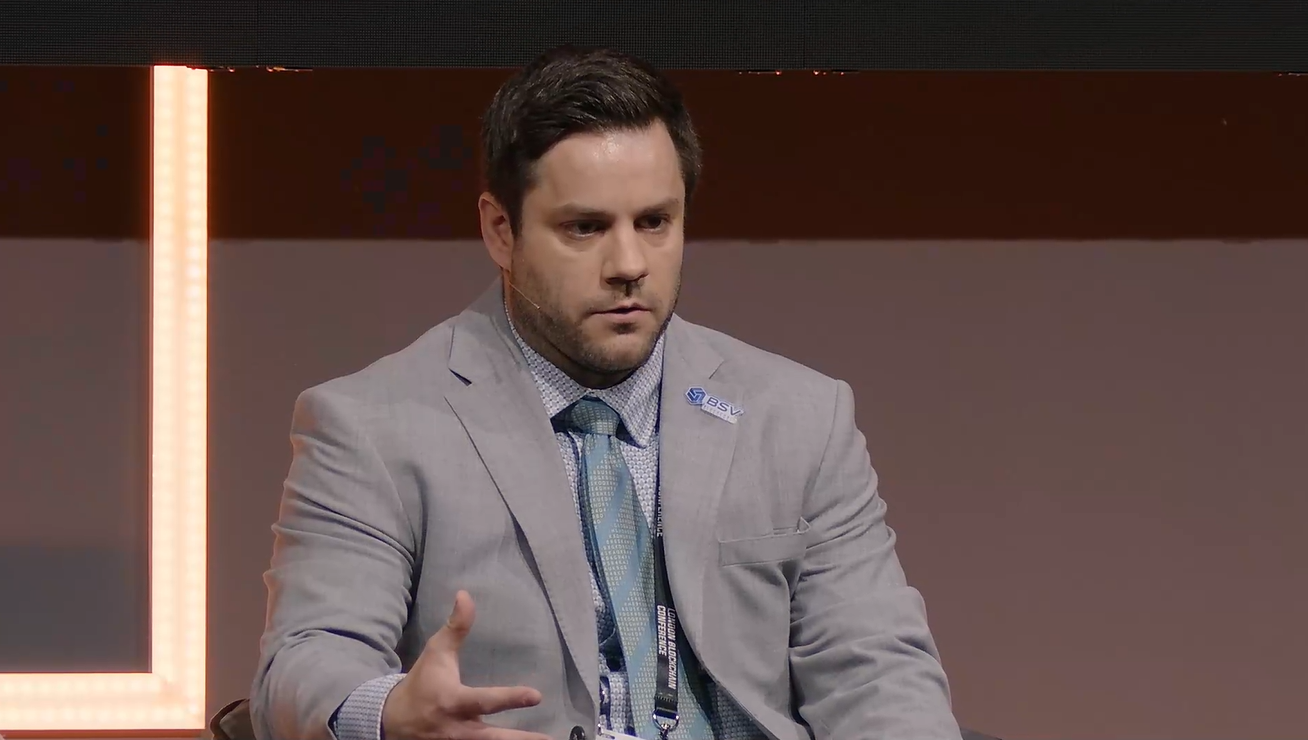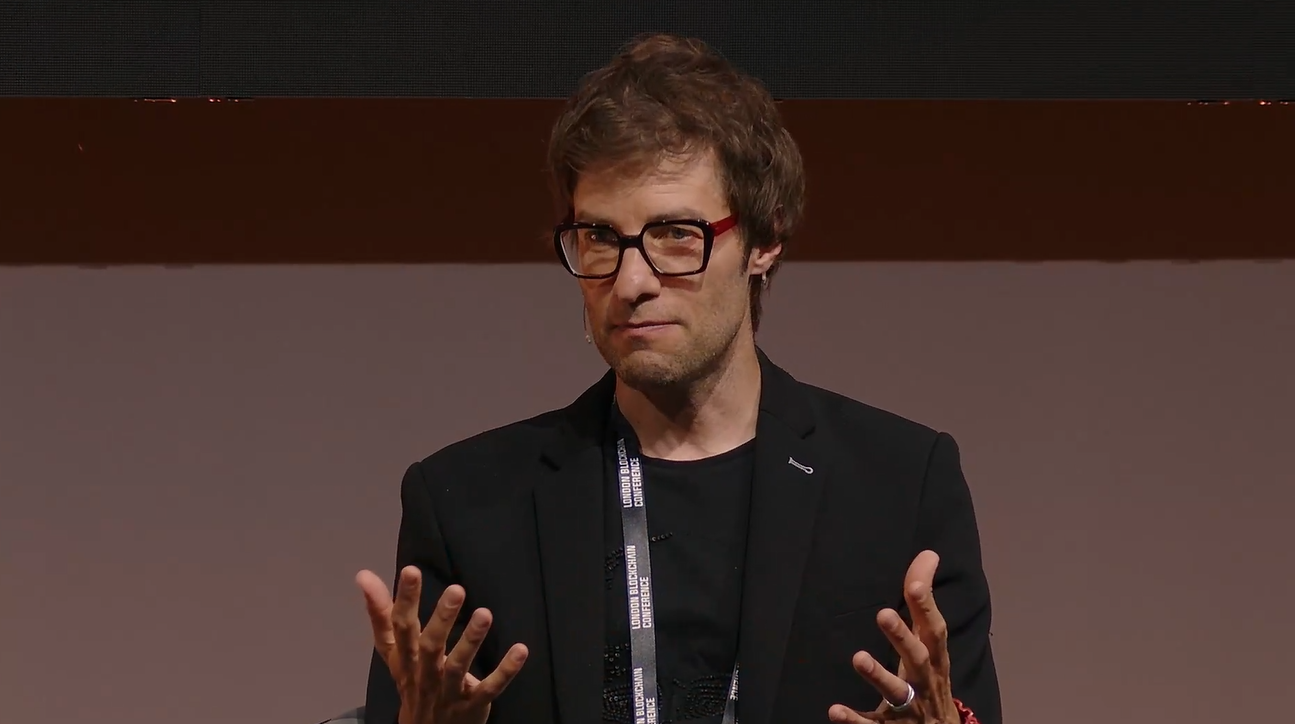At the London Blockchain Conference 2024, IPv6 Forum President Latif Ladid moderated a panel on how IPv6 and blockchain technology will change the Internet.
Panelists include Jake Jones, Head of Infrastructure and Business Program Manager at BSV Association; Ralph Wallace, Head of IPv6 at Raptive Resources; Hugo Feiler, Founder Co-Founder of Minima; and Greg Ward, CTO and Co-Founder of SmartLedger Solutions.
End-to-end communication
Ladid opens the panel by explaining the key points of IPv6: it enables true end-to-end connections between people. It empowers people and dismantles monopolies by enabling people to have their own unique IP addresses for every device.

Right now, IP addresses are owned by routers and utilities, leaving most of us to “Internet tourists.” The Internet was supposed to be peer-to-peer, but it was broken and now access is controlled by a few large corporations.
What are the benefits and challenges of integrating IPv6 with blockchain technology?
Wallace answers this question first. Reducing business overhead is the business use case. Organizations and enterprises can save money on operating and capital expenditures. IPv6 is truly peer-to-peer, and he has seen first-hand how it can transform organizations.


Jones responds that we must first understand the value proposition of blockchain technology. Bitcoin is peer-to-peer electronic money with no trusted intermediaries involved in communications and transactions. Microtransactions enable this, and all of this requires IPv6 for the necessary address space.
Feiler says his company is working on putting blockchain nodes in vehicles to allow them to communicate with each other and with other pieces of infrastructure. IPv6 allows peer-to-peer connectivity between devices.
Ward says that while working in the music industry, he has met many stars who want to communicate more directly with fans. With unique IP addresses, devices can be linked by identity and can enable true peer-to-peer communications with full transparency and accountability.
What are the challenges?
Ladid follows up with a reminder of the second part of his original question: the challenges of IPv6 integration and its general adoption.
Ward says people don’t even need to know about IPv6 or that they’re using it. It is enterprises that need to know about efficiency and cost savings, among other things. Users just want to continue using apps and services as they do now.


Feiler says people won’t adopt something until they need it. Getting more enterprises to use IPv6 will require clear communication about the benefits, such as greater efficiency, transparency and connectivity. Some know about this and are still reluctant, and he thinks it will ultimately require the “old guard” to retire and new blood to come in before that reluctance gives way to willingness.
Jones believes that those who understand IPv6 and blockchain should be able to demonstrate the new business models they make possible. Once companies understand how they can take advantage of them and open up new revenue streams due to micropayments, they will move. We have to learn, be patient and wait for the right people to make decisions.


Wallace says that, in his experience, the challenge is communicating why IPv6 is needed. He has sold the idea to several US government departments and knows all about it. Increased security is one selling point, but there are many others.
What is your vision for IPv6 and blockchain?
Ward wants to see IPv6 implemented across the board. There is great synergy with the Internet of Things (IoT), blockchain, peer-to-peer payments and related technology. These can work together to unlock a lot of value and benefits for users, such as improved privacy.
Feiler exemplifies his vision by announcing another upcoming partnership for his firm; she has struck a deal to put Minima on chips. In this way, devices can become nodes, increasing network security and enabling true peer-to-peer connectivity. A billion users will be using IPv6 and blockchain when they don’t know they’re using it, he says, echoing Ward’s earlier sentiment that users just want to continue as they are.


Jones remembers something Tim Berners-Lee came up with about Web3. The network will move past hyperlinks into a more semantically related model. IPv6, blockchain technology and micropayments can enable this, which in turn will facilitate new ways of handling data and much more.
Wallace takes a deeper look at how IPv6 will fundamentally change the way applications work. Right now, they have hardcoded IPv4 addresses as they were the only ones available. He encourages organizations to pilot IPv6 and see the benefits for themselves.
Ladid wants 10% of people to use blockchain technology in the next few years. Ultimately, he wants to close IPv4 and NAT addresses in the next eight years, creating a blockchain-based Internet by 2032. He sees many great opportunities and believes that this is extremely important for the future.
See: IPv6 restores the end-to-end Internet model
New to blockchain? Check out CoinGeek’s Blockchain for Beginners section, the latest resource guide to learn more about blockchain technology.
#Peertopeer #blockchain #Scaling #IPv6based #Internet
Image Source : coingeek.com
